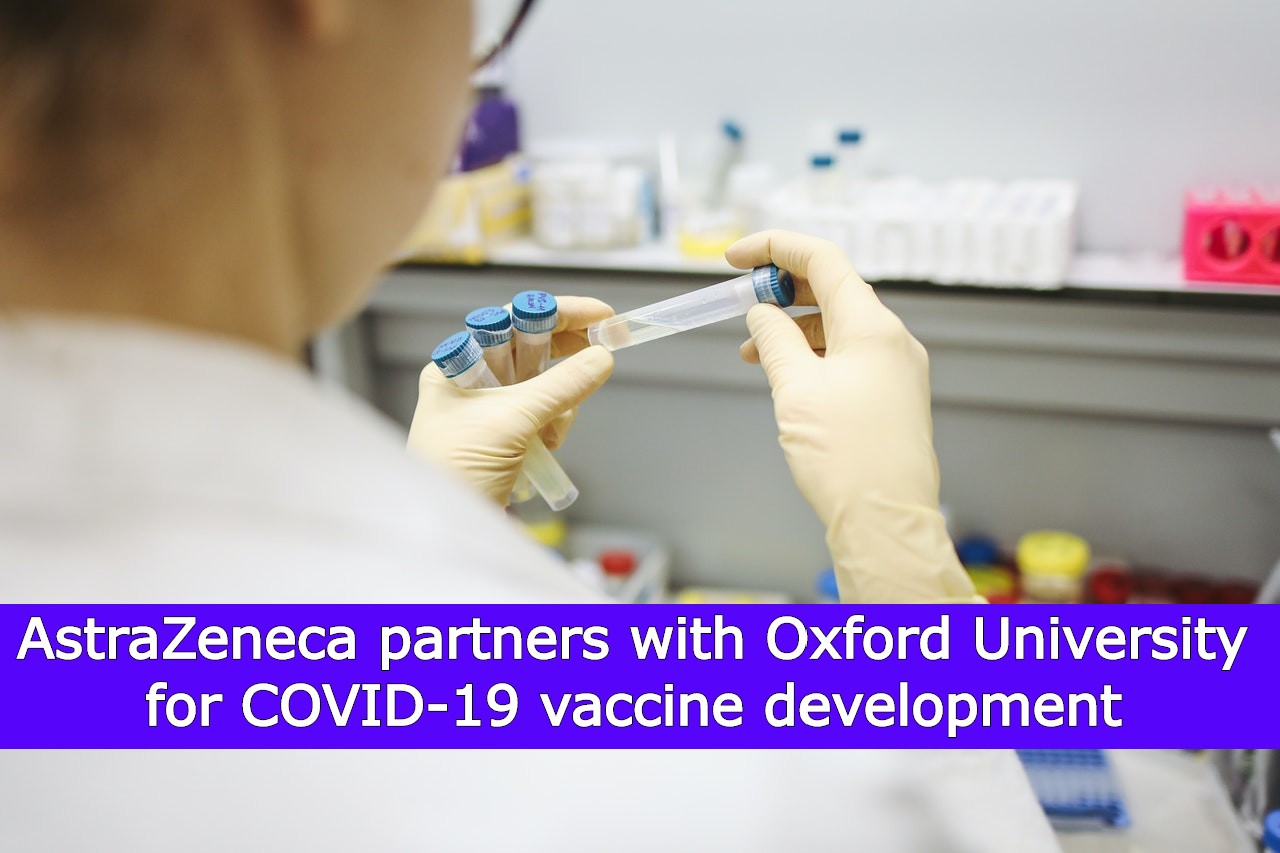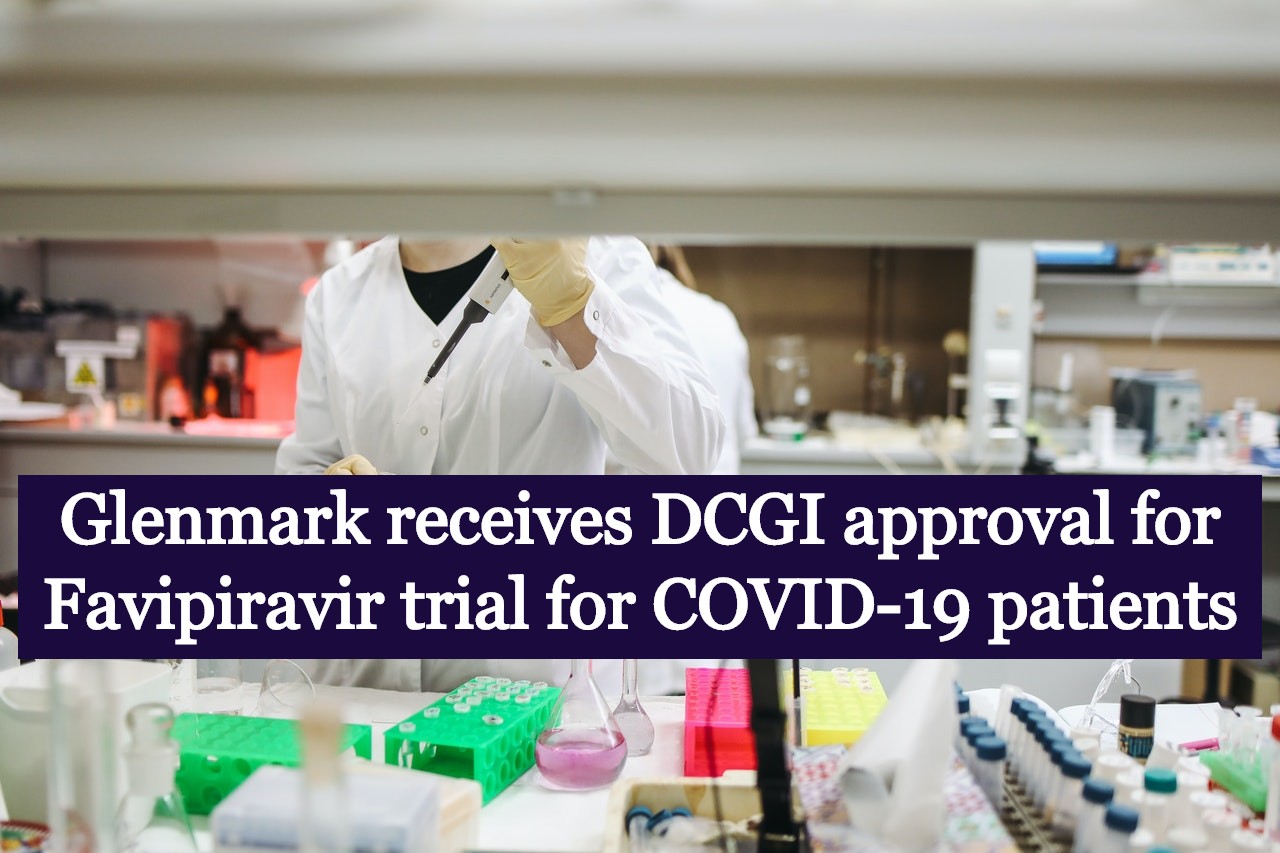CSIR-Central Scientific Instruments Organisation (CSIR-CSIO), Chandigarh, has designed and developed an innovative technology for effective disinfection and sanitization to fight with corona pandemic. CSIR-CSIO has transferred this technology to a Nagpur-based company, Rite Water Solutions Pvt. Ltd., for commercialization and large-scale production. This technology has been found very efficient and effective to stop the spread of coronavirus and pathogens, say CSIR-CSIO scientists.

















